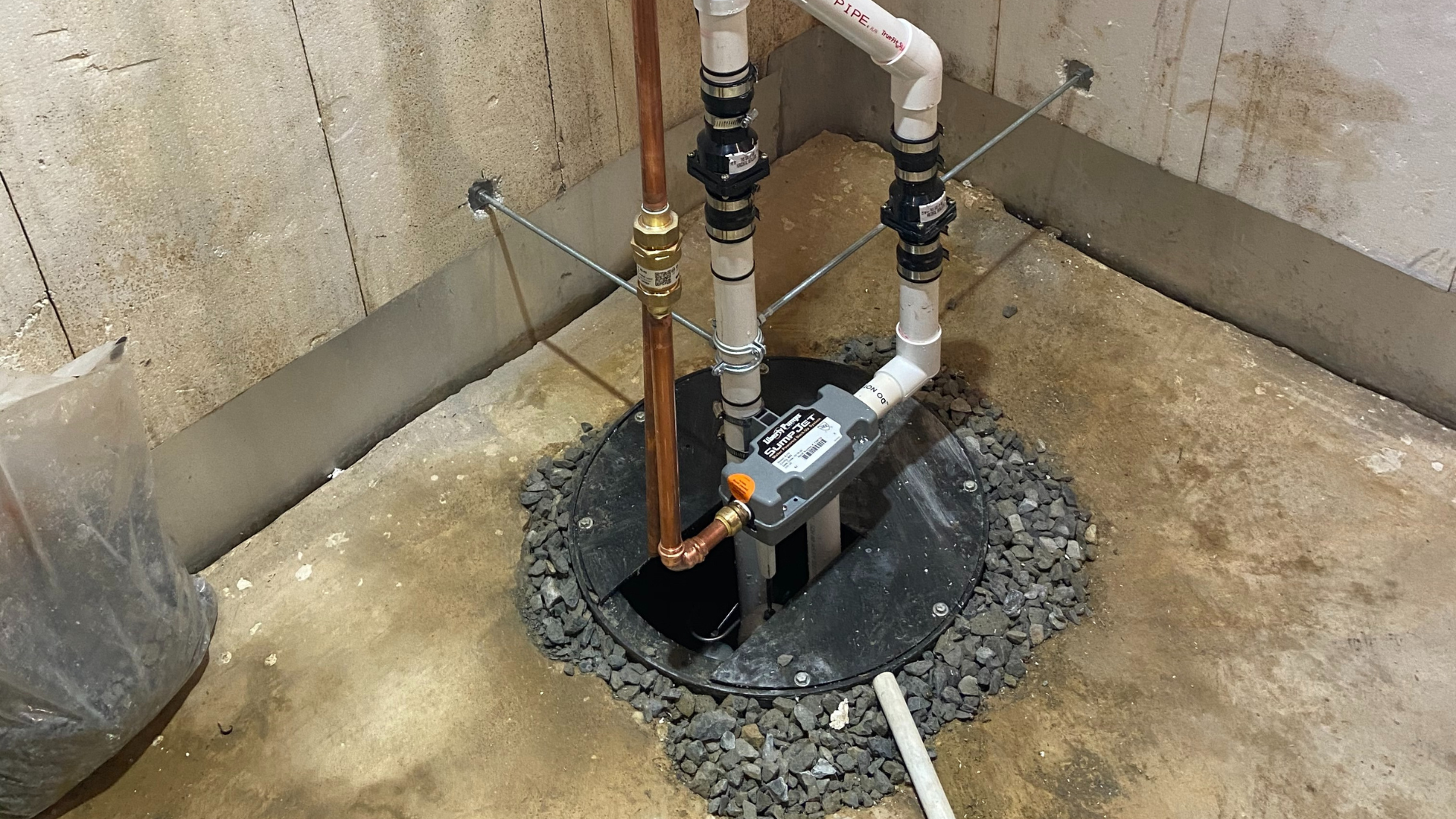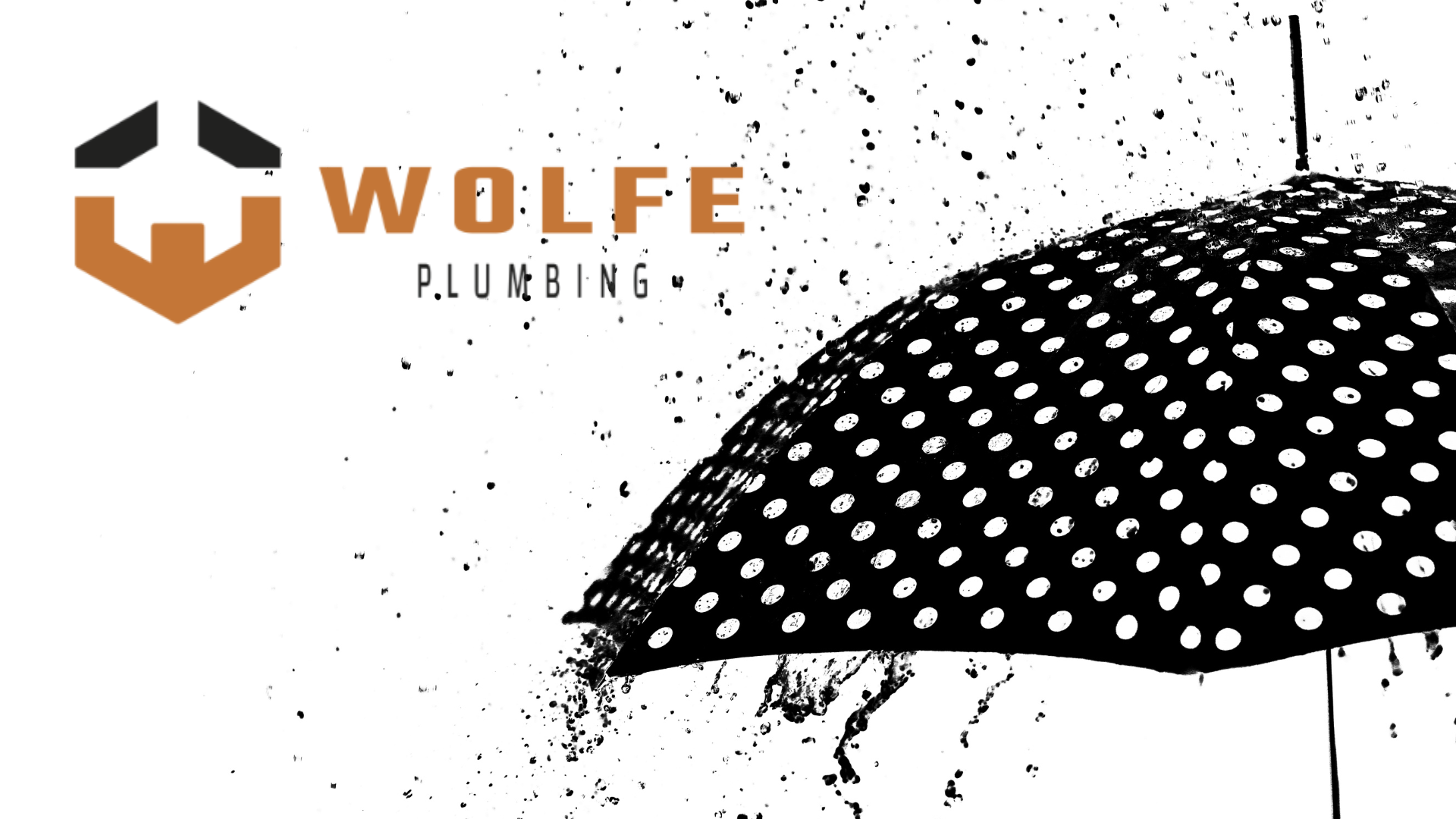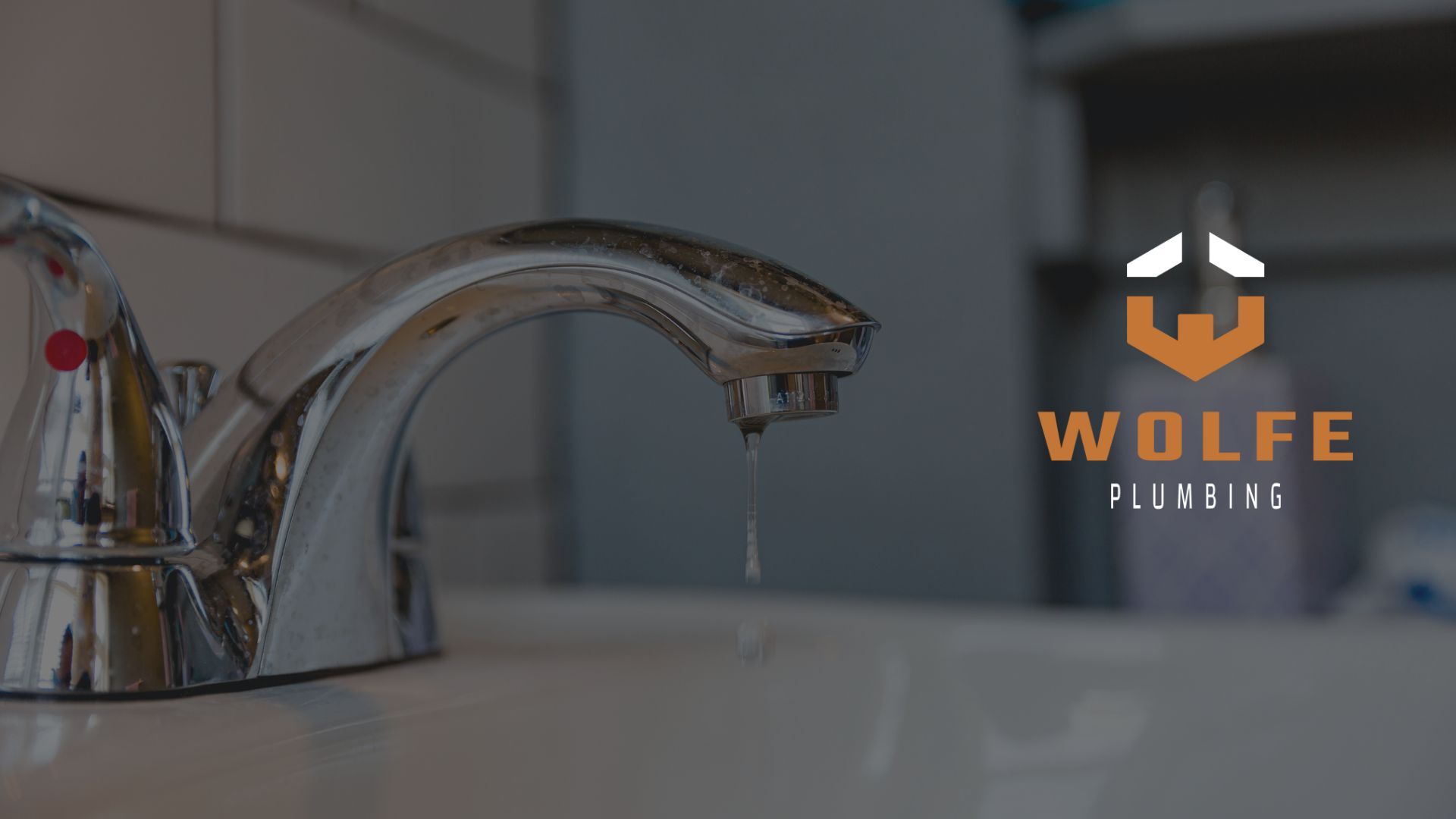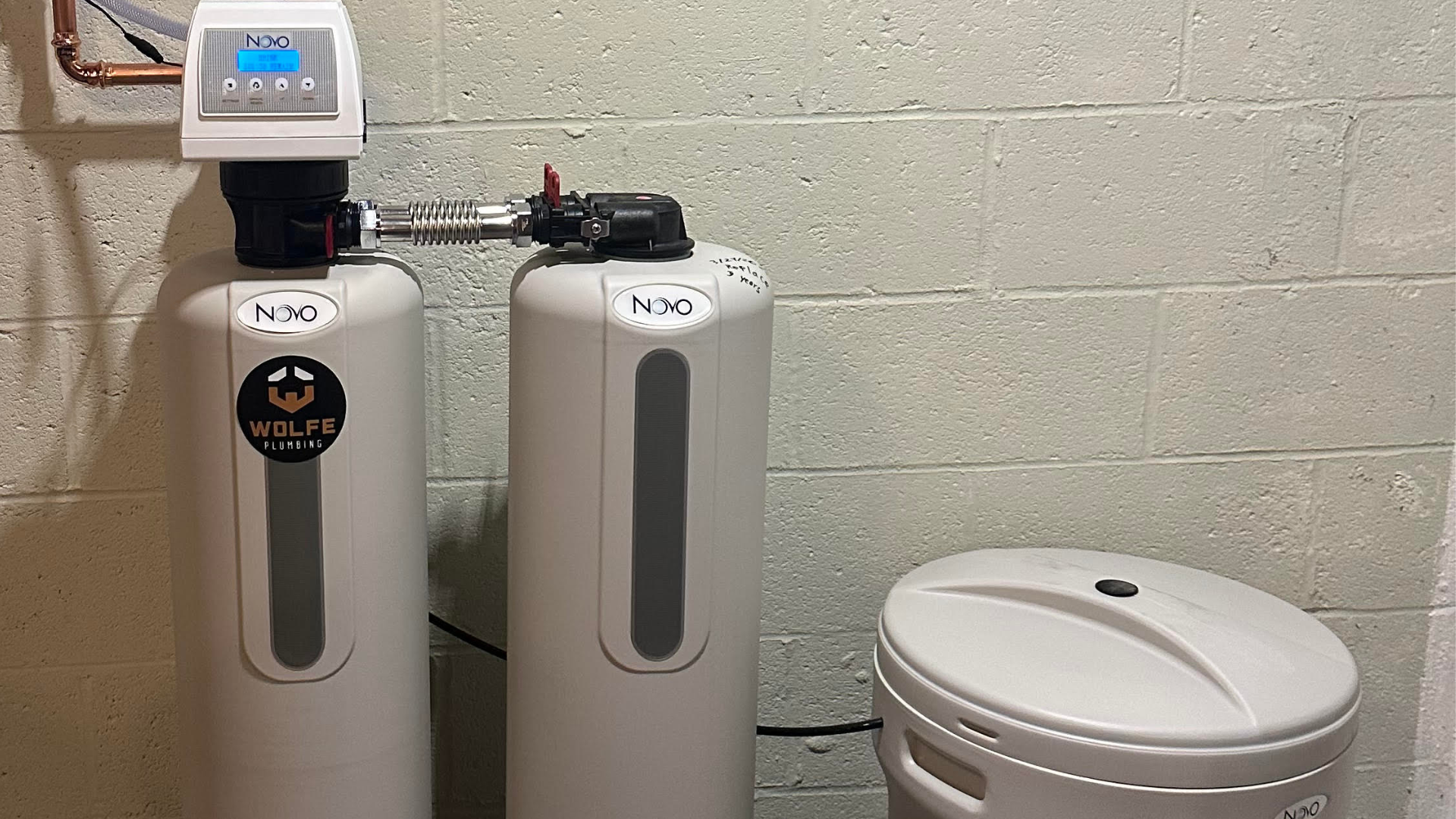The Importance of Sump Pumps: Safeguarding Your Home from Water Damage

When it comes to protecting your home from water damage, few devices are as crucial as a sump pump. This often overlooked piece of equipment plays a vital role in keeping basements and crawl spaces dry, preventing flooding, and protecting your property’s foundation. Understanding the importance of sump pumps can help homeowners appreciate the value they bring and ensure that their homes remain safe and dry.
What is a Sump Pump?
A sump pump is a device installed in the lowest part of a basement or crawl space. Its primary function is to prevent flooding by collecting and removing water that accumulates in a sump basin, typically located in a specially constructed pit. When the water level in the basin reaches a certain point, the sump pump activates and pumps the water out of the basement and away from the home, typically to a storm drain or a dry well.
Why Are Sump Pumps Important?
- Preventing Basement Flooding
- The most immediate benefit of a sump pump is its ability to prevent basement flooding. Heavy rains, rapid snowmelt, and high water tables can lead to water seeping into your basement. A sump pump ensures that this water is quickly removed before it can cause significant damage.
- Protecting Your Home’s Foundation
- Excess water around your home’s foundation can lead to cracks and weakening of the structure. Over time, this can result in costly repairs and potential safety hazards. By effectively managing groundwater, a sump pump helps maintain the integrity of your home’s foundation.
- Mitigating Mold and Mildew Growth
- Damp and wet basements are prime breeding grounds for mold and mildew. These fungi not only damage property but also pose health risks, particularly for individuals with allergies or respiratory issues. Keeping the basement dry with a sump pump helps prevent mold and mildew growth.
- Increasing Property Value
- Homes with a history of water problems can be difficult to sell and often have reduced market value. A properly installed and maintained sump pump system demonstrates to potential buyers that the home is protected from water damage, potentially increasing its value and marketability.
- Reducing Insurance Costs
- Many insurance companies offer reduced premiums for homes equipped with a sump pump. By investing in a sump pump, homeowners can potentially lower their insurance costs while providing an additional layer of protection against water damage claims.
Types of Sump Pumps
There are two main types of sump pumps:
- Submersible Sump Pumps
- These pumps are installed underwater in the sump basin. They are generally quieter and save space but can be more challenging to access for maintenance.
- Pedestal Sump Pumps
- These pumps sit above the sump basin, with the motor out of the water. They are easier to service and maintain but can be noisier during operation.
Maintaining Your Sump Pump
To ensure your sump pump operates effectively when you need it most, regular maintenance is essential:
- Test the pump regularly to ensure it is functioning correctly.
- Clean the sump basin to remove debris that could clog the pump.
- Check the discharge line for blockages or freezing, especially during winter months.
- Consider a backup power source to ensure the pump operates during power outages, such as a battery backup or a generator.
Conclusion
A sump pump is a small but mighty device that plays a crucial role in protecting your home from water damage. By preventing basement flooding, safeguarding your foundation, mitigating mold growth, and potentially reducing insurance costs, a sump pump is a worthwhile investment for any homeowner. Regular maintenance and understanding the different types of sump pumps can help ensure that your home remains safe, dry, and in excellent condition for years to come.










